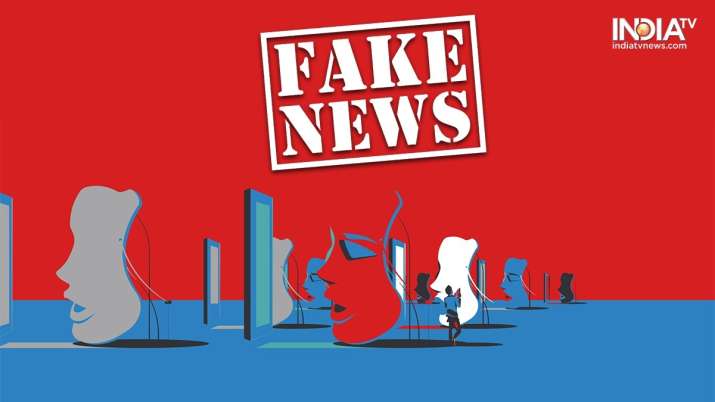
[ad_1]

Fake news remains a concern.
Technology has opened up absolutely amazing possibilities of communication and personal engagement, with one of its arm being the social media that brought a 360 degree change in the society — good or bad is debatable. In the past few years, we have an unprecedented situation in human history where almost 5 billion people are just one button away from each other. According to Statista, a global media research firm, 4.57 billion people were active internet users as of July 2020, encompassing 59 per cent of the global population. China, India and the United States alone contribute 70 per cent of these users. Another billion are online occasionally.
Virtually everyone using the Internet is active on one of the many leading social media platforms. Even as hundreds of millions wake up to a good morning message from friends and family, an equal if not more are busy spewing venom ad nauseum.
This has challenged decades of conventional wisdom of communication. Anyone anywhere anytime can express an opinion, criticise, endorse, abuse, applaud and contradict others.
एक झूठी खबर आपसे ‘आग’ लगवा सकती है#KhabarSeAage @ajaykumarjourno
IndiaTV LIVE at: https://t.co/scQpJFzIgX pic.twitter.com/vrwltj5pA5
— India TV (@indiatvnews) September 16, 2020
Social media, an omnibus term for all applications and services which allow one to one, one to many and many to many interactions has upset the status quo in politics, diplomacy, news, arts and entertainment and, of course, interpersonal relationships.
Unfortunately, while billions of people are “posting” on social media constantly, they are not ready to face the consequences, social, political, cultural, economic or psychological.
So now, a blame game has begun on the insidious ramification of an always-on society. But, most are blaming platforms, websites and applications for their own inability to handle the cataclysmic change in our lives, real and virtual. It is we who are irresponsible in our comments on social media.
The transition from traditional media to social media engagement has been rather swift. User generated content is the bedrock on which social media giants have been built. When individuals post on various topics, an inherent bias is likely.
When popularity on social media becomes a yardstick of measuring success, trolling, fake news, doctored posts and a lot of propaganda and promotion becomes the norm.
Since the last few years, there has been a constant chatter about politics, specially elections being influenced by fake news and social media manipulation. In fact, now apps and platforms are often unfairly accused of being partisan and manipulative.
What most people do not realise, leave alone understand, is that the rules of a networked society are being written every minute and virtual anarchy for a while is a foregone conclusion.
ALSO READ | Delhi riots: Police files over 15,000-page charge sheet under UAPA against 15 accused for larger conspiracy
ALSO READ | Zhenhua data leak: Govt sets up expert panel to study reports of China snooping on VIPs in India
(With inputs from IANS)
[ad_2]
Source link